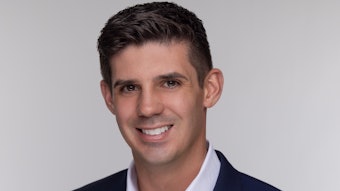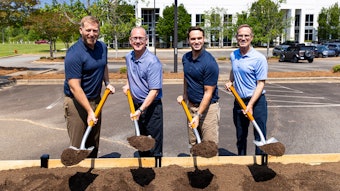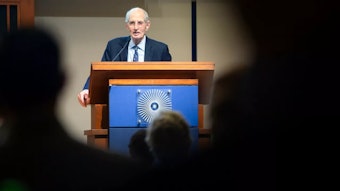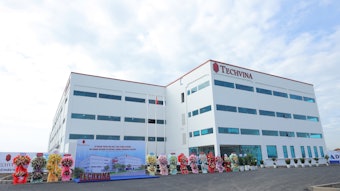
The International Organization of the Flavor Industry (IOFI) will be launching a public consultation period for its Scope 3 Emission Factors Repository. The consultation period will run from mid-November to mid-December 2024.
Links to webinars: https://iofi.org/news/iofi-launches-public-consultation-on-its-scope-3-project
This initiative is said to be part of IOFI's continued commitment to sustainability through an open and transparent process, with the goal of refining and finalizing the repository with valuable feedback from stakeholders across the entire flavor industry value chain.
IOFI/Quantis will evaluate the feedback before the release of the Scope 3 Emission Factors Repository.
The Scope 3 Emission Factors Repository
The Scope 3 Emission Factors Repository has been developed in collaboration with Quantis, a leading environmental consultancy, and provides Greenhouse Gas (GHG) emission factors for a selection of non-proprietary ingredients commonly used in the flavor sector. This comprises a total of more than 150 ingredients, including key flavoring components (CDS and NCS) as well as relevant non-flavoring ingredients from various sources and geographical locations. The objective of the project is to fill existing data gaps with reliable GHG emission factors and to help flavoring manufacturers, especially smaller and mid-sized companies, start their carbon footprint reporting journey.
What to Expect
On November 12, 2024, the IOFI's public consultation will be launched with Webinar #1, in which the methodological approach and functionalities of the Scope 3 Emission Factors Repository will be presented.
After the consultation period of four weeks, IOFI will host Webinar #2, scheduled for January 15, 2025, before the official launch of the repository on IOFI’s public webpage, outlining the outcome of the consultation and additional information accompanying the launch. Both webinars will be open for IOFI members as well as other interested stakeholders.
These webinars are designed to provide IOFI members as well as interested stakeholders, such as suppliers and customers, with the opportunity to learn more about the project, offer feedback, and engage in discussions about the future of sustainability reporting in our industry.










